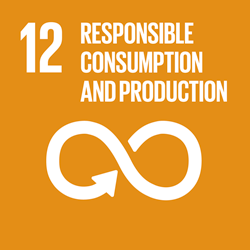Technological watch
Micro-Investment by Tanzanian Smallholders’ in Drip Irrigation Kits for Vegetable Production to Improve Livelihoods: Lessons Learned and a Way Forward
Food security in sub-Saharan Africa is one of the major issues confronting the continent. Innovative use of fresh water, the world’s scarcest food production resource, is vital for family-run small-holder agricultural systems, which supply up to 80% of the world’s food. Agriculture employs 70% of Tanzania’s rural population and supplies 95% of the country’s food. The goal was to measure the impact of smart drip irrigation kits on smallholder farmers’ resilience and rural poverty in Tanzania. A household survey was conducted using an exploratory sequential design in four districts (Babati, Hai, Kasulu, and Kilosa) in Tanzania. A total of 383 respondents (Micro-investing (MI) farmers, n = 195; control, n = 187) were randomly selected from a pool of 3444 farmers. Partial budgeting and enterprise economic analysis were used for the calculation of gross margins, and multivariate analysis was used for poverty analysis. Gross margin analysis showed that communities using drip-irrigated vegetable farming are more profitable. Partial budgeting analysis showed that micro-irrigation increased the revenue generation for most vegetable varieties. However, multivariate analysis was unable to confirm that household poverty was markedly reduced through the adoption of this technology. Half of the MI farmers could afford an education for their children due to the extra income generated from MI. This investment strategy has the potential to improve smallholder livelihoods and resilience to climate change.
Publication date: 20/10/2022
Author: Muhammad Azher Bhatti
Reference: doi: 10.3390/agriculture12101732






